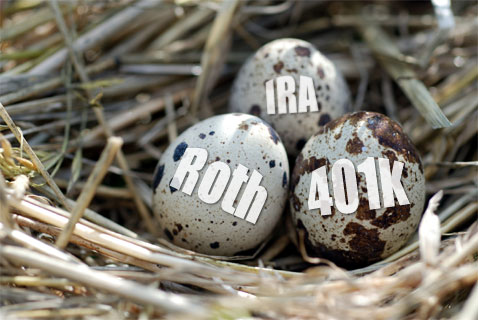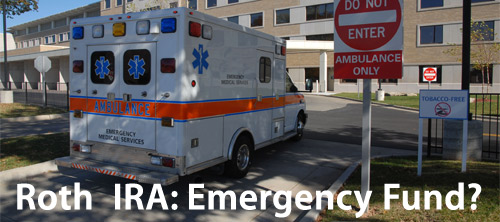Everyone seems rather focused on the deficit right now. This isn't surprising, considering the fact that we have a serious budget crisis brewing in the U.S. However, a lot of the plans to “fix” the problem involve getting rid of tax incentives for the people who need them most.
One of the issues on the table is getting rid of some of the tax advantages associated with employer-sponsored retirement accounts.
Your Tax Deduction Could Disappear
One of the ways that some lawmakers hope to improve revenue is to stop providing the ability to contribute to employer-sponsored retirement accounts with pre-tax dollars. Another plan is a cap on the combined employer/employee contribution limit, reducing it to the lesser amount of $20,000 a year, or 20% of income. (Currently, the corresponding amounts are $49,000 a year and 100% income.) There are different suggestions as to how to change the tax advantages associated with retirement contributions, but all them have the possible effect of reducing the amount workers set aside for retirement.
Additionally, there are concerns that reducing the tax benefits that employers get for setting up these retirement plans would have the effect of reducing the number of plans even available. Employers are already feeling the pinch from the rising costs of health care benefits. They might not be so willing to continue offering retirement plans if the tax incentives to do so began disappearing.
Would You Still Contribute To A Retirement Account Without The Tax Benefit?
Already, there are concerns that Americans aren't saving enough for retirement — and that's with fairly decent tax benefits to do so. What happens when that incentive goes away? If you thought the retirement savings rate in America was bad already, just wait until there's no reason to sock money away in a tax-advantaged retirement account.
The flip side, of course, is that there are some people who would contribute to a retirement account no matter. If you are preparing for your future, you know that you will need to set money aside — whether or not the government gives you a tax break. While it certainly is nice to receive the tax benefits associated with retirement plan contributions, if they disappeared tomorrow, I'd still make retirement account contributions. (Of course, I contribute to a Roth IRA, so I don't get a tax deduction anyway. But we will soon be contributing to a 403b through my husband's job, so a deduction could be a very real possibility soon.)
Bottom Line
Any number of suggestions are being floated as ways to reduce spending and boost tax revenue. This means that there are a number of tax deductions and credits on the table, many of them affecting individuals and businesses. From retirement account contributions, to the mortgage interest deduction, you could soon see some of your tax breaks disappearing. This means that you will need to plan for the possibility. Decide what's important to you, and what you can handle without the tax break. Hopefully, you will decide that it's still important to make contributions to your retirement account, even if there is no tax break associated with it.




